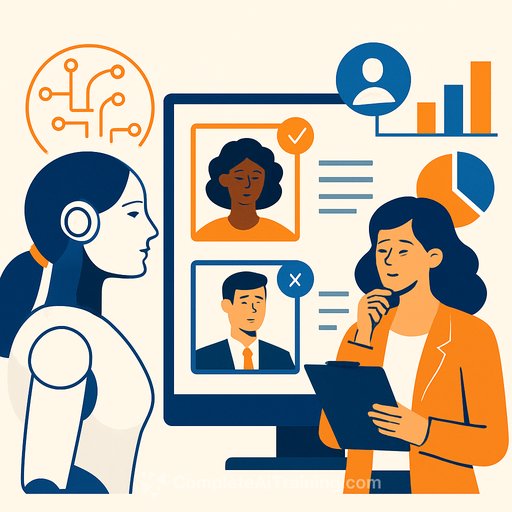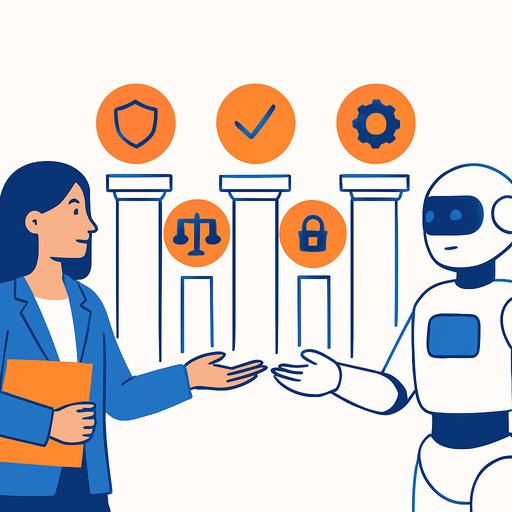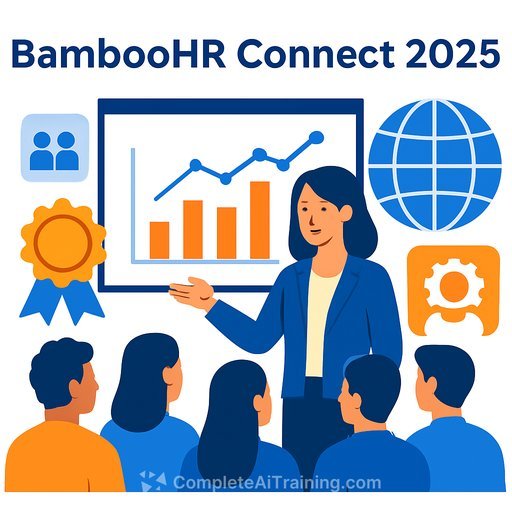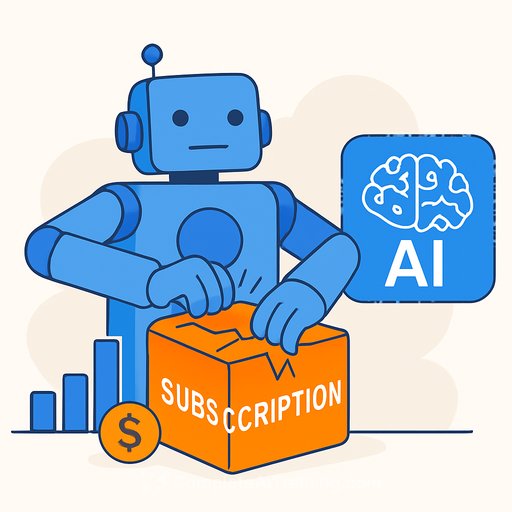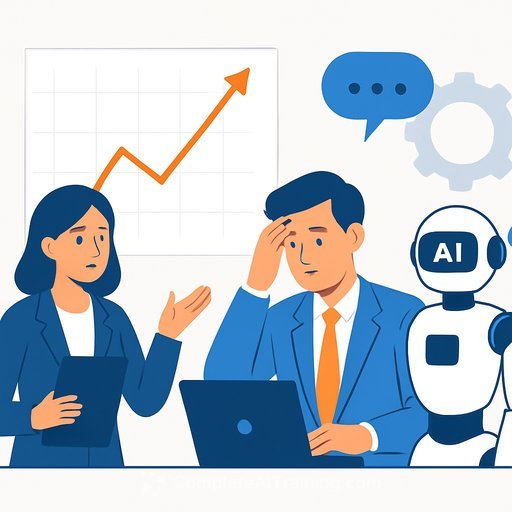AI Alone Can't Solve Workplace Bias, Study Warns
Artificial intelligence (AI) is increasingly used in human resources to streamline recruitment and manage large volumes of applications. While AI tools can speed up processes like CV screening and job matching, new research from the University of South Australia highlights that relying solely on AI won’t improve workplace diversity.
Associate Professor Connie Zheng, a human resource management expert and co-director of UniSA's Centre for Workplace Excellence, has studied how AI impacts hiring decisions related to gender quotas, racial diversity, and inclusion of LGBTIQA+ employees and people with disabilities.
Why AI Alone Isn't Enough
AI tools assist HR professionals by automating tasks such as screening candidates and analyzing video or voice interviews. However, Zheng’s research shows that simply having a reliable AI system does not guarantee better diversity outcomes.
"Diversity improves when AI systems can explain their decisions in terms of diversity goals, when hiring focuses on qualitative aspects beyond numbers, and when organisations have clear diversity policies," Zheng explains. These conditions encourage HR teams to think critically about their choices instead of relying blindly on automated results.
In other words, AI can support more inclusive hiring only when paired with strong organisational commitment to diversity, equity, and inclusion (DEI).
Challenges Holding Back AI Adoption in HR
Despite AI’s growing use in fields like healthcare and finance, many HR professionals hesitate to adopt these tools. Concerns about biased data and the effectiveness of AI in fairly screening candidates contribute to this reluctance.
Some companies trust their existing HR teams to manage recruitment without AI. However, when faced with staff shortages, higher workloads, or pressure for faster hiring, attitudes may shift.
"Many organisations seek to save costs and boost efficiency by using AI to speed up manual recruitment tasks," Zheng notes. The risk is that when efficiency becomes the main goal, diversity considerations can be sidelined.
AI and Diversity: A Complex Relationship
The debate continues on whether AI reduces discrimination or unintentionally amplifies bias. Zheng’s ongoing research with the Human Centred AI Network in Germany shows that a reliable AI tool alone won’t enhance diversity.
"Without organisational awareness of diversity and justice issues, AI-driven hiring won’t produce more inclusive results," she warns.
Key Takeaways for HR Professionals
- Don’t rely on AI alone to improve workplace diversity.
- Use AI tools that provide clear explanations related to diversity goals.
- Focus hiring on qualitative outcomes, not just numbers or quotas.
- Ensure your organisation has strong, clear diversity and inclusion guidelines.
- Train HR teams to critically assess AI recommendations with diversity in mind.
To explore more about how AI can be applied thoughtfully in HR, consider training that balances technology with human judgement. For practical AI training aimed at HR professionals, visit Complete AI Training’s courses by job role.
Further Reading
- Wilkens, U., Lutzeyer, I., Zheng, C., Beser, A., & Prilla, M. (2025). Augmenting diversity in hiring decisions with artificial intelligence tools. The International Journal of Human Resource Management.
- Zheng, C., Wilkens, U. (2025). Antecedents of Enhancing Diversity and Inclusion with AI Tools-An HR Perspective. In M. Moussa & A. McMurray (Eds.), The Palgrave Handbook of Breakthrough Technologies in Contemporary Organisations. Palgrave Macmillan.

